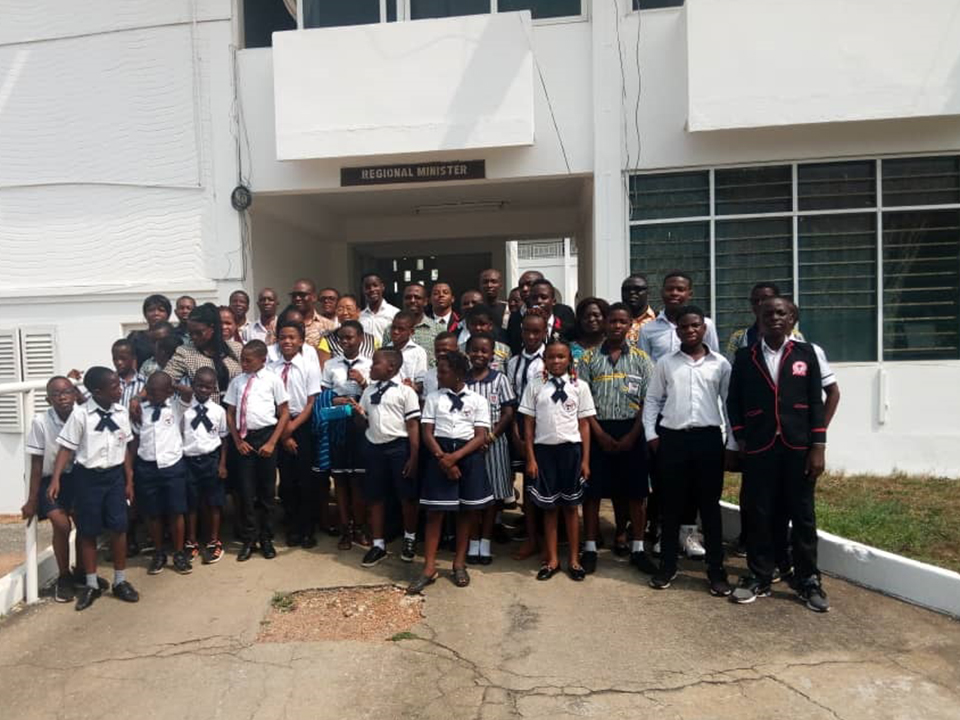The Vice-Chancellor, Prof. Joseph Ghartey Ampiah has launched the Kleos/BoLTE technology to provide high capacity, resilient, reliable, secure and dedicated wireless access to the University Community.
Prof. Ampiah said with the launch of the technology, the University Community especially staff and students were assured of better internet connectivity at all times. He said Kleos/BoLTE platform would scale up the internet service and distribution from 3G to 4G. Through this new platform, provision has been made for staff and students to purchase MiFi devices to access better connectivity within and outside campus.
The Vice-Chancellor said he was committed to digitizing the University adding that “This can only be possible with good ICT infrastructure and good internet connectivity”. He noted that a total of GH¢5 million has been invested in enhancing the Information Communication and Technology (ICT) infrastructure of the University in 2018. He commended staff of the then Computer Centre for managing ICT with limited funds and assured that more funds would be invested in ICT to reposition UCC as a leading University in Ghana and beyond.
A representative of Kleos, Mr. George El-Aily, said the provision of the internet was made possible with partnership with BoLTE an internet service provider with license and spectrum. He said that the UCC Kleos platform has advanced base stations covering several kilometres within and outside campus. The platform he indicated, allowed more efficient spectrum for quality service to the University Community as well as an eco-friendly service with very low power consumption and low carbon and radio emissions. “To the best of my knowledge, it is for the first time in Africa that we are witnessing the installation of a complete 4G+ NOC on campus,” he stated.
Mr. El-Aily said these services would provide opportunity for engineering and ICT students to have unique, hands on experience of a fully accessible 4G+ platform. He explained that the platform would help position UCC as a beacon in technological infrastructure in the delivery of hands on education not only in Ghana but across Africa.
On behalf of Kleos/BoLtE, Mr. El-Aily indicated their commitment to offer the expertise and support to continuously introduce the latest in technological advances to UCC.
The ceremony was also used to launch the new University website with enhanced features for e-learning, e-library and accessing services like transcript, introductory letter and authentication of results.




